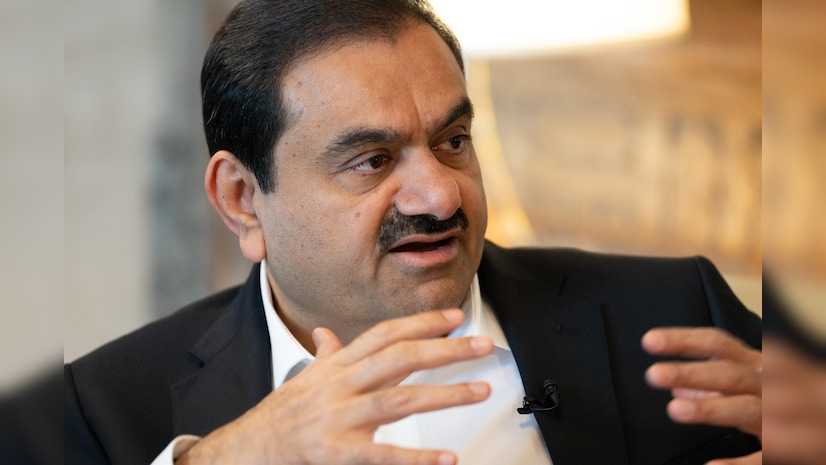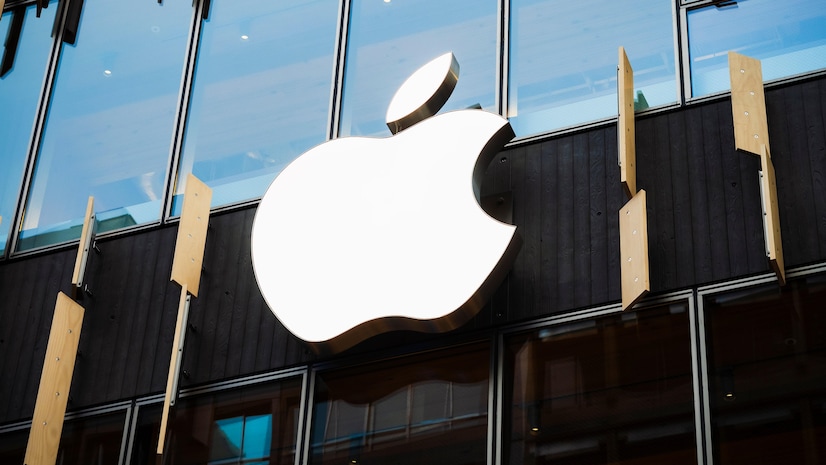)
Telecom service providers | Representative Picture
Reliance Jio and Bharti Airtel are adopting a cautious approach to expanding their 5G network. Reports indicate low capacity utilisation and delayed monetisation have slowed the rollout. Instead, Reliance Jio is placing greater emphasis on transitioning its 4G users to the more expensive, next-generation service. For now, telecom majors are prioritising need-based 5G expansion over aggressive growth.
Contents
Jio’s 5G network capacity, focus on 4G
According to a report by The Economic Times, Reliance Jio’s operations indicate that the company’s 5G network utilisation is estimated to be around 15 per cent. However, Jio disputes this figure, claiming it is significantly higher. The telecom giant, supported by network equipment suppliers such as Finland’s Nokia and Sweden’s Ericsson, has already rolled out its 5G network to cover over 90 per cent of India’s population, outpacing its competition in terms of both coverage and capacity.
Jio’s current strategy revolves around migrating its 4G users to the 5G platform. However, this transition will not be immediate, and further investment in 5G infrastructure will depend on increased demand and network utilisation. The next phase of Jio’s 5G expansion could be delayed by several quarters until these factors improve.
Despite this, Jio has made significant headway, boasting 130 million 5G users out of its total 490 million mobile user-base in the first quarter of financial year 2024-25. Its 5G-based fixed wireless access (FWA) service, Jio AirFiber, has also gained traction, but experts suggest that Jio’s standalone 5G network still has considerable excess capacity.
Airtel prioritises 4G to drive smartphone adoption
Bharti Airtel, under the leadership of billionaire Sunil Mittal, is also concentrating on upgrading its 4G network, with the primary aim of transitioning its feature phone users to smartphones, as earlier reported by Business Standard. Airtel has reportedly issued orders worth around $1 billion for 4G network equipment from global suppliers including Ericsson, Nokia, and Samsung, spread over the next three years. These contracts are expected to enhance Airtel’s revenue per user by improving smartphone penetration.
Like Jio, Airtel is also considering expansion of 5G network but remains focused on expanding its 4G coverage in the immediate future. The company is engaging with international suppliers to procure additional 5G network equipment, though monetisation of next-gen services remains a challenge without widespread use cases.
Vodafone Idea’s 4G and 5G expansion
Vodafone Idea (Vi), another major player in the telecom market, has its focus on expanding its 4G network while planning a gradual rollout of 5G. The financially-troubled company finalised a $3.6 billion deal with Nokia, Ericsson, and Samsung for network equipment last month. This deal forms part of a larger $6.6 billion capital expenditure plan aimed at boosting 4G population coverage from 1.03 billion to 1.2 billion and launching 5G services in key markets.
For now, Vi’s priority remains the expansion of its 4G coverage, with 5G implementation likely to follow in the coming years as the company works to stabilise its financial position.
State-owned telecoms push for 4G upgrades
Meanwhile, state-run Bharat Sanchar Nigam Limited (BSNL) and Mahanagar Telephone Nigam Limited (MTNL) are preparing to roll out 4G services after several delays. With the support of a government fund of Rs 6,000 crore, BSNL plans to install 100,000 new mobile towers to improve 4G coverage across the country, with 75,000 towers expected to be operational by Diwali.
MTNL has recently formalised a 10-year partnership with BSNL to introduce 4G services for its user base, marking a significant step forward in its efforts to enhance network connectivity. The decision to launch 4G services follows long-standing delays in BSNL and MTNL’s entry into the market, which has left the two public sector firms lagging behind private competitors.
Why are telecoms prioritising 4G over 5G?
Telecom companies prioritise 4G over 5G for several reasons, even as 5G technology continues to develop. Here are key factors that may be influencing these decisions:
Low 5G network utilisation: The utilisation rates for 5G networks are relatively low, which reduces the immediate need for aggressive expansion.
Cost efficiency of 4G infra: Expanding 4G coverage appears to be a cost-efficient strategy for telecoms.
Monetisation challenges: With limited widespread use cases for 5G and a slower-than-expected user migration from 4G to 5G, the revenue potential of 5G services remains unclear.
High device compatibility: If the majority of mobile devices in use today are 4G-compatible, it would make more sense to expand and improve 4G capacity in India.
First Published: Oct 07 2024 | 11:46 AM IST














Leave a Reply